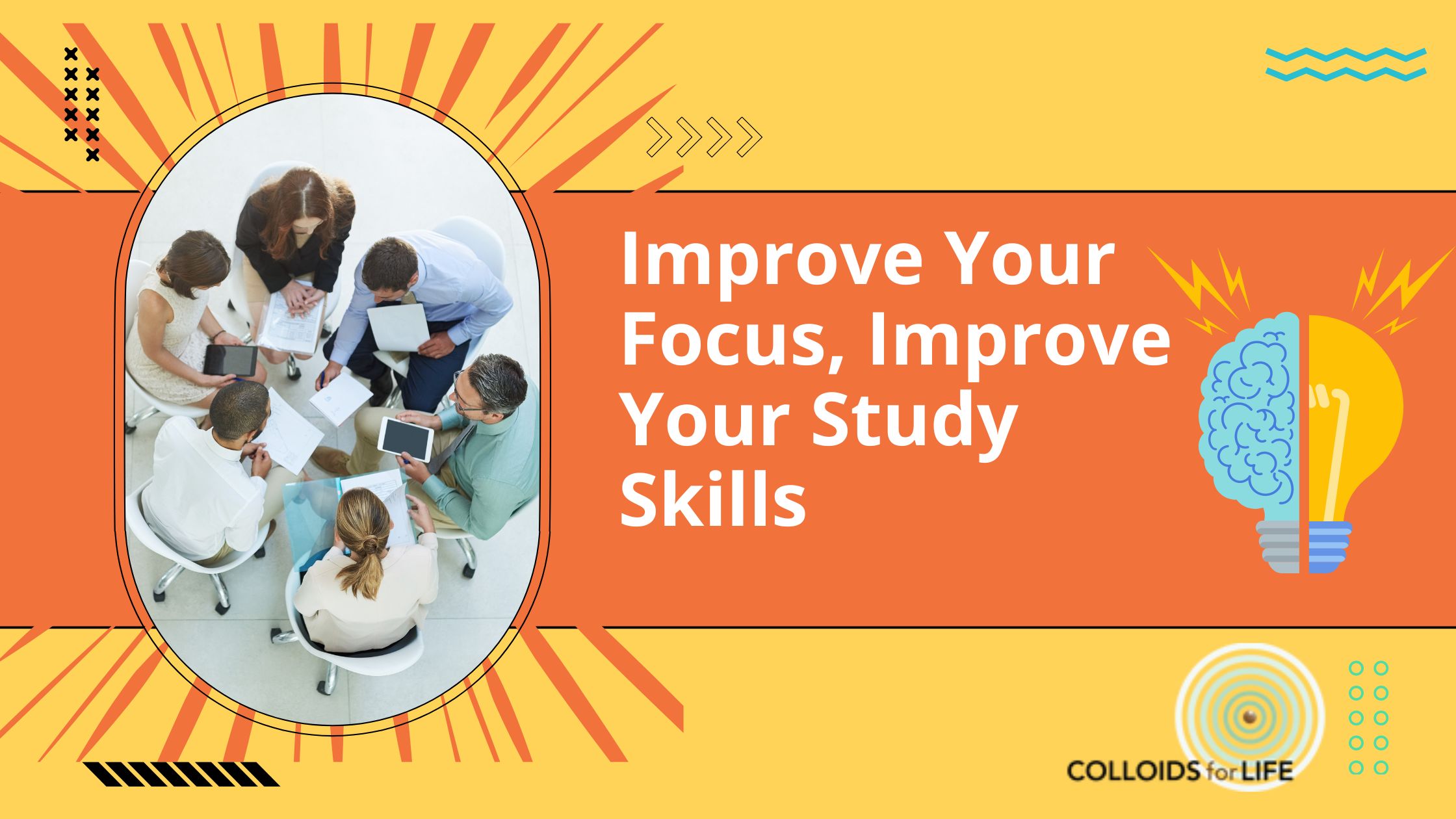
When midterms and finals approach, or when you need to learn a new skill or task, various factors such as procrastination and lack of focus can hinder your ability to maximize your study sessions. Effective study skills vary for each person, depending on whether you're a visual learner, prefer lists and charts, or rely on plain repetition. One useful study technique is to create a web, associating what you learn with things you already know and with each other.
Understanding Different Learning Styles
Before diving into study habits, it's essential to understand that everyone has a unique learning style. Identifying whether you're a visual, auditory, reading/writing, or kinesthetic learner can significantly enhance your study sessions. Here’s a brief overview:
- Visual Learners: Benefit from diagrams, charts, and visual aids.
- Auditory Learners: Learn best through listening to lectures, discussions, and audio materials.
- Reading/Writing Learners: Prefer reading texts and making notes.
- Kinesthetic Learners: Learn through hands-on activities and movement.
4 Good Study Habits
Regardless of your learning style, adopting these study habits can improve your focus and retention:
-
Schedule a Study Time and Designate a Study Space:
- Set a specific time for studying each day, creating a routine that signals your brain it's time to focus.
- Choose a quiet, well-lit space free from distractions. This environment will help set the mood for productive study sessions.
-
Stimulate Your Senses:
- The smell of brewing coffee can boost productivity, even if you don't drink it. Aromas can have a stimulating effect on your brain.
- Consider using essential oils like peppermint or rosemary, known to enhance concentration and alertness.
-
Snack Smart:
- Keep nuts and fruit on hand while studying. These snacks provide sustained energy without causing a sugar crash.
- Avoid heavy meals that can make you feel sluggish and distract from your studies.
-
Prioritize Rest:
- Ensure you get enough sleep. Quality sleep allows your brain to process and store information learned during the day.
- If you have trouble sleeping, consider natural, non-addictive supplements that target your brain's nighttime needs.
Advanced Study Techniques
To further enhance your study skills, incorporate these advanced techniques:
- Mind Mapping: Create visual diagrams that connect different concepts. This method helps in organizing and recalling information.
- Spaced Repetition: Spread out your study sessions over time rather than cramming. This technique improves long-term retention.
- Active Recall: Test yourself frequently on the material you've studied. Active recall forces your brain to retrieve information, strengthening memory.
- Teach What You Learn: Explaining concepts to someone else is a powerful way to reinforce your understanding.
The Science Behind Effective Studying
Studies have shown that different study environments and habits can significantly impact learning outcomes. For example:
- Environment: A consistent study environment free from distractions enhances focus and retention. According to a study published in Environmental Psychology, students who studied in a quiet, dedicated space performed better on tests than those who studied in a noisy or varied environment.
- Nutrition: Proper nutrition supports cognitive function. A study in Frontiers in Human Neuroscience highlighted that omega-3 fatty acids found in nuts and fish are crucial for brain health and memory.
- Sleep: The Journal of Sleep Research emphasizes the importance of sleep for memory consolidation. Sleep helps transfer information from short-term to long-term memory, making it easier to recall later.
Myths and Facts About Studying
- Myth: Multitasking is effective.
- Fact: Multitasking reduces the quality of learning and retention. Focus on one task at a time for better results.
- Myth: Cramming the night before is effective.
- Fact: Cramming leads to short-term retention and quickly forgotten information. Spaced repetition is more effective for long-term learning.
Key Takeaways
- Identify Your Learning Style: Tailor your study methods to fit your preferred learning style for more effective sessions.
- Create a Routine: Schedule regular study times and designate a specific study space to improve focus and productivity.
- Stimulate Your Senses: Use the smell of coffee or essential oils to enhance concentration.
- Snack Smart and Rest Well: Maintain your energy with healthy snacks and ensure you get enough sleep for optimal brain function.
- Use Advanced Techniques: Incorporate mind mapping, spaced repetition, active recall, and teaching to reinforce your learning.
- Understand the Science: Recognize the importance of environment, nutrition, and sleep in effective studying.
- Debunk Myths: Avoid multitasking and cramming, and focus on proven study methods.
By adopting these habits and techniques, you can significantly improve your focus and study skills, leading to better academic performance and knowledge retention.





